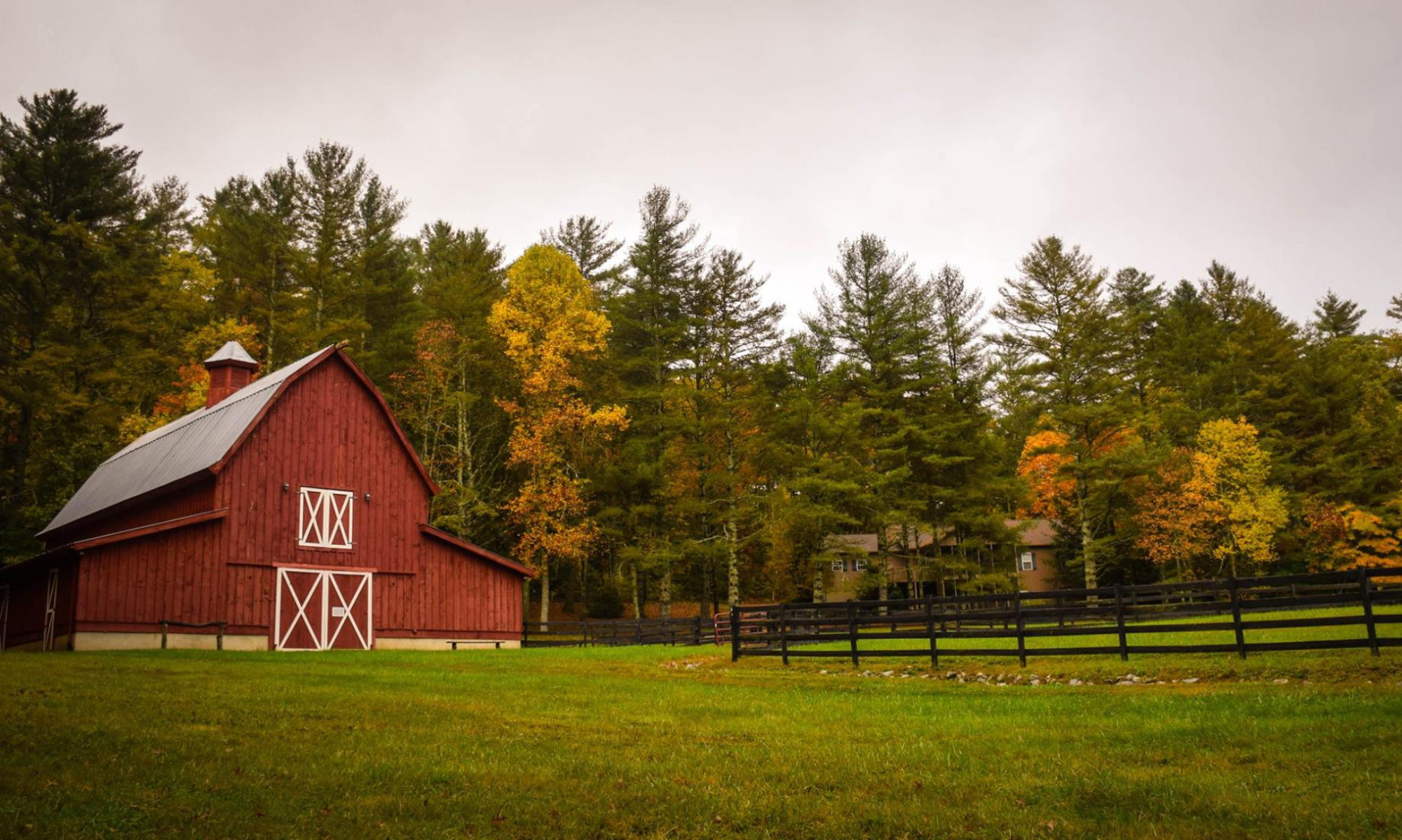This is a near quote of Michael Pollan on NPR’s Fresh Air this week:
There is a real issue of perception of elitism, and it is one of ironies of our society that junk food being sold by multinational corporations like McDonalds and Kraft appears to be populist, and food grown by struggling, scrupulous farmers is regarded as elitist. And I think there is something wrong with this picture, that those agribusiness companies have seized the populist high ground. When you look at how that supposedly cheap, populist food is produced, it’s dependent on government handouts, it’s dependent on the brutalizing of workers and brutalizing of animals, and it suddenly appears in a very, very different light.
The discussion occurs at about 31:00 minutes into the interview.
Pollan’s comments notwithstanding, it remains the case that much of the sustainable and local food system in the U.S. supports those with solidly middle to upper-class paychecks. This has bothered me for years.
We have seen renewed food systems that we cheer come into existence in recent years, but we too often fail to acknowledge that the growing gap between the rich and the poor is precisely what has made this possible.
Who doesn’t love a Niman Ranch hog farmer? But these farmers that we love to love produce meat for high-end markets on the coasts. Certainly, this is better than producing hogs in confinement for export or growing corn for unmitigated biofuels production. But a local food system that caters to and relies upon a growing wealth disparity leaves too many of the social ills that we set out to address untouched.
That being said, Pollan, as he is apt to do, offers a concise and effective rebuttal to the “local food as elitist” argument. In fact, it is best rebuttal I ever recall having heard.

I’m enjoying this blog. Re: Pollan’s comments, I was struck, reading about the Country Life Movement and New Deal farm policy in the first decades of the 20th century, how there’s this idea that “farmers learned how to play the game, and became beneficiaries of government programs.” The idea is that these farmers, who had previously been populists (and self-reliant) all of a sudden shifted direction and became masters at “gaming” the system.
My suspicion (and I’ll probably do some research on this in the next year or so) is that there are two distinct groups of farmers. Between 1920 and 1930, America lost hundreds of thousands of medium sized farms, but gained thousands of really large farms. I think it was these early agribusinesses that learned to grab government money, and changed the rural game in ways we’re only now recognizing.